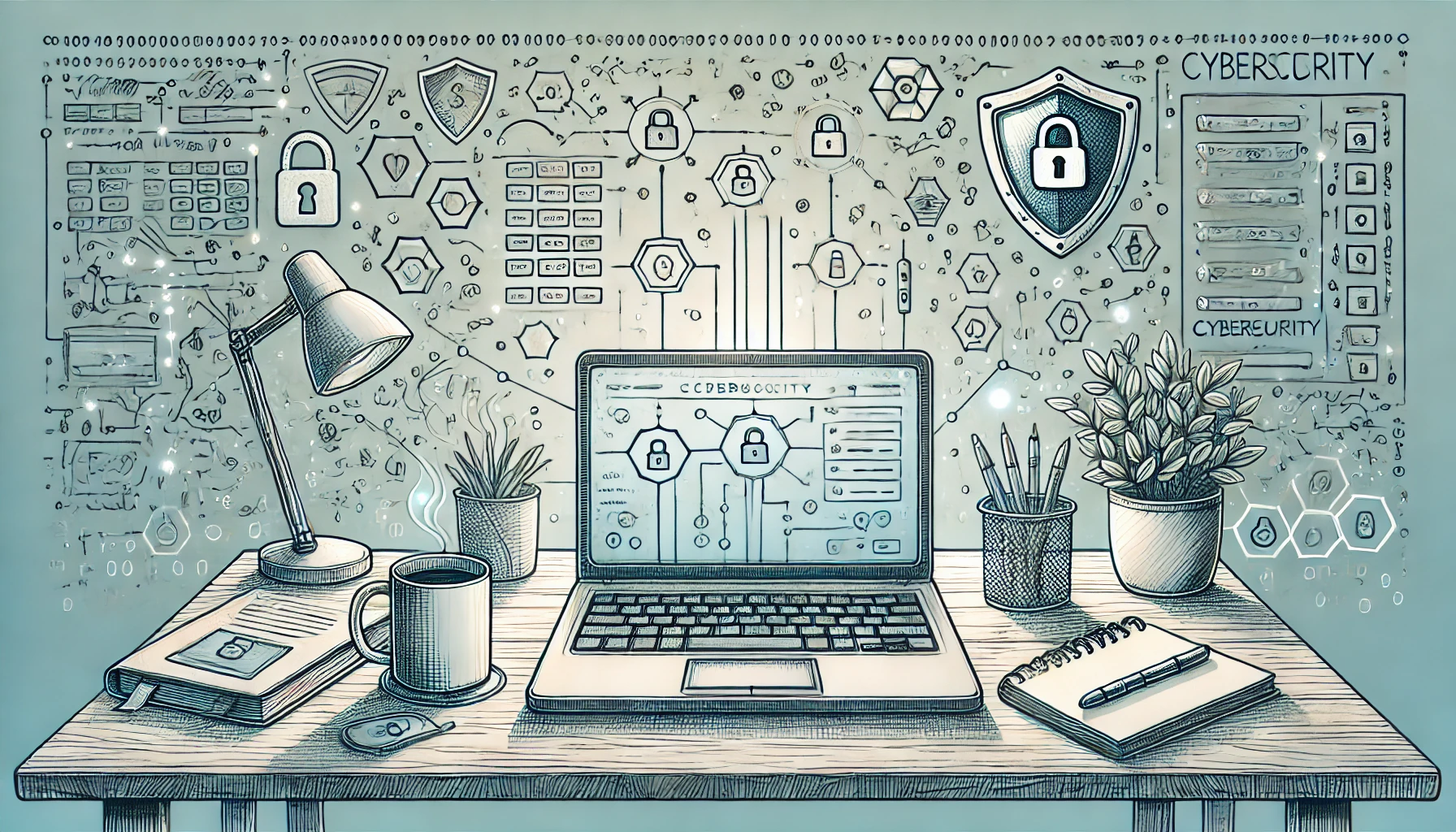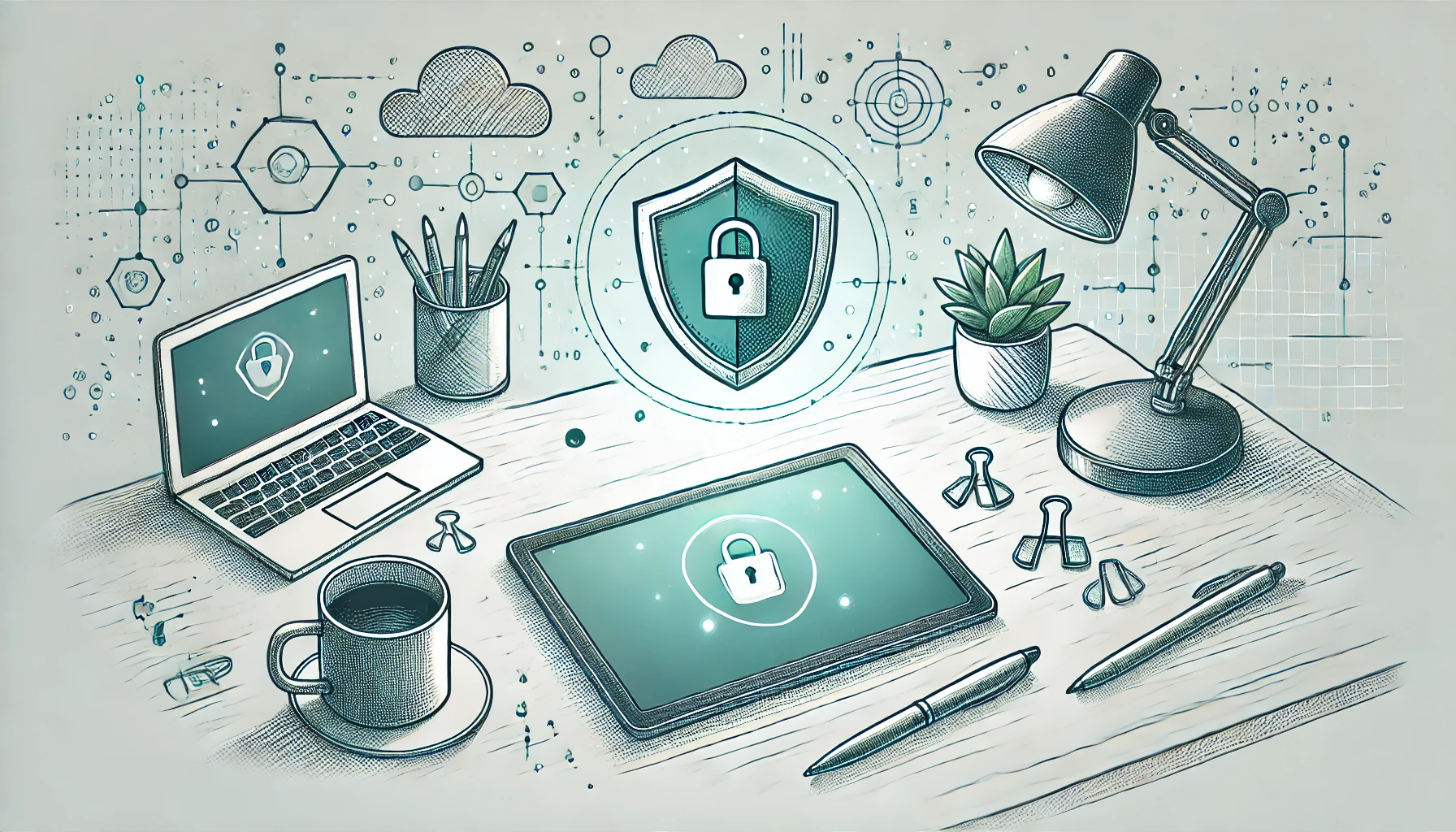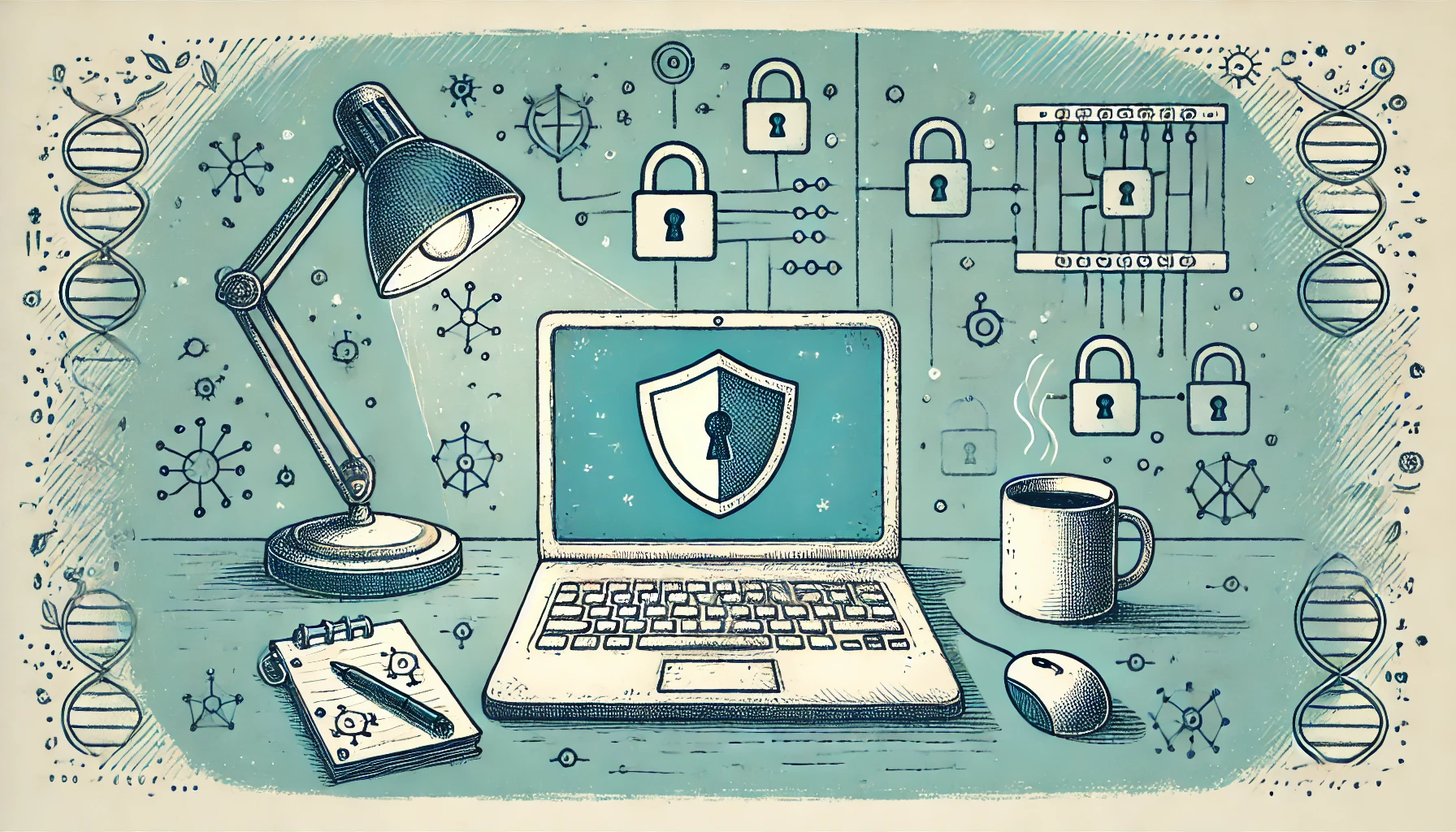Hack Your Way into Cybersecurity: Fast-Track Your Learning Journey
Cybersecurity isn’t just another tech job—it’s a mission. The thrill of protecting systems, the challenge of outsmarting attackers, and the satisfaction of solving complex puzzles make this career both exciting and rewarding. But how do you get started? Is it really possible to go from zero to a cybersecurity professional in record time?
Absolutely. With a smart approach and the right tools, you can fast-track your way into this in-demand field. Let me take you through the journey, step by step.
Why Cybersecurity Is More Than a Job
Cybersecurity is about more than firewalls and passwords—it’s about trust. Every secure transaction, protected file, or confidential email relies on the work of cybersecurity professionals.
- Massive Job Opportunities: Over 3 million cybersecurity roles worldwide remain unfilled.
- Impressive Salaries: Entry-level positions often start at $80,000+, with potential for much more.
- Diverse Challenges: From ethical hacking to forensic analysis, the field offers a variety of exciting paths.
Personally, I was drawn to cybersecurity because of its impact. Knowing that my work could protect individuals and organizations gave me a sense of purpose I hadn’t found elsewhere.
Start with the Basics: Build a Strong Foundation
The first step is understanding the essentials. Cybersecurity is a broad field, but it’s built on a few fundamental principles.
| Key Concepts | What It Means |
|---|---|
| CIA Triad | Confidentiality, Integrity, Availability. |
| Threat Types | Malware, phishing, ransomware, DDoS attacks. |
| Defense Layers | Network, application, endpoint security. |
💡 Where to Learn: Free resources like Cybersecurity Basics by IBM or Cybrary’s Beginner Courses offer an excellent starting point.
Certifications: Your Gateway to the Industry 🎓
Earning a certification is one of the fastest ways to gain credibility. Think of certifications as your “stamp of approval” for potential employers.
- CompTIA Security+: The ideal starting point for beginners.
- Certified Ethical Hacker (CEH): Perfect if you want to learn how hackers think.
- CISSP (Certified Information Systems Security Professional): A long-term goal for advanced professionals.
When I prepared for my first certification, I used Udemy’s Security+ Course to break down complex topics into manageable lessons. It made studying feel achievable rather than overwhelming.
Make It Real: Hands-On Experience Is Everything 🛠️
Theory alone won’t cut it in cybersecurity. You need to roll up your sleeves and start practicing.
- Set Up a Home Lab: Use free tools like VirtualBox to create a test environment. Install Kali Linux to practice ethical hacking or Wireshark to analyze network traffic.
- Participate in CTF Challenges: Platforms like TryHackMe or Hack The Box gamify learning and provide real-world scenarios.
- Simulate Attacks: Experiment with penetration testing tools like Metasploit to understand vulnerabilities and how to fix them.
The first time I solved a CTF challenge, it felt like unlocking a new level in a game. It wasn’t just fun—it was an incredible confidence boost.
Master the Tools of the Trade 🧰
Cybersecurity professionals rely on powerful tools to defend systems and analyze threats. Here’s where to start:
- Kali Linux: A penetration tester’s dream OS.
- Wireshark: For monitoring and analyzing network traffic.
- Burp Suite: Essential for web application security testing.
🎯 Pro Tip: Don’t try to learn every tool at once. Start with one, like Wireshark, and master its basics before moving on to the next.
Build a Portfolio That Commands Attention 🌟
In cybersecurity, a strong portfolio can set you apart. It shows employers what you’re capable of and gives them a reason to choose you.
| What to Include | Why It Matters |
|---|---|
| Documented Projects | Proof of your skills in action. |
| Capture the Flag (CTF) Wins | Demonstrates problem-solving abilities. |
| Code Repositories | Shows your ability to write and document code. |
🎯 Hack: Use GitHub to host your portfolio and make it accessible to recruiters.
The Power of Community: Learn Together 🌐
One of the best things about cybersecurity is the community. Joining forums and groups can accelerate your learning and keep you motivated.
- Reddit: Check out r/cybersecurity for advice and news.
- Discord: Join servers focused on cybersecurity discussions and mentorship.
- LinkedIn: Share your learning journey and connect with industry professionals.
When I joined a cybersecurity Discord group, I found mentors who guided me through challenges I couldn’t have tackled alone.
Facing Doubts? Here’s How to Stay Motivated
Feeling overwhelmed is part of the process. The key is to embrace the journey, not just the destination.
- Break It Down: Tackle one concept at a time.
- Celebrate Progress: Every small win—like solving a CTF challenge or setting up a home lab—is worth celebrating.
- Learn from Failure: Mistakes are valuable lessons, not setbacks.
A Success Story: Mia’s Cybersecurity Journey
Mia, a college dropout, switched careers to cybersecurity at 27. She started with free online courses, built a home lab, and earned her Security+ certification within six months. Her first job? A junior cybersecurity analyst earning $85,000 annually.
Mia’s advice? “Don’t be intimidated by how much there is to learn. Start small, and everything will start to click.”
Take Your First Step Today
The world of cybersecurity is waiting for you. Whether it’s setting up your first home lab, signing up for a certification course, or diving into a CTF challenge, every step counts.
The digital world needs defenders. Will you be one of them? 🔒















Post Comment